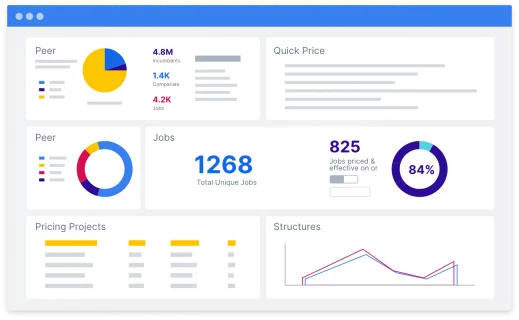Salary analysis is the process of collecting, analyzing, and interpreting salary data to understand compensation trends, identify pay gaps, and make informed decisions about compensation strategies.
Key Components of Salary Analysis
- Data Collection:
- Internal Data: Gather data from payroll records, performance reviews, and HR databases.
- External Data: Collect data from industry surveys, government reports, and online databases.
- Data Cleaning and Preparation:
- Clean and standardize the data to ensure accuracy and consistency.
- Remove outliers and inconsistencies.
- Data Analysis:
- Descriptive Statistics: Calculate measures like mean, median, mode, and standard deviation to understand the distribution of salaries.
- Correlation Analysis: Analyze the relationship between salary and other factors like experience, education, and performance.
- Regression Analysis: Model the impact of various factors on salary.
- Benchmarking: Compare the organization’s salary data to industry standards.
- Reporting and Visualization:
- Create clear and concise reports, including tables, charts, and graphs.
- Use data visualization tools to present findings in an easy-to-understand manner.
Applications of Salary Analysis
- Compensation Planning: Develop fair and competitive compensation strategies.
- Performance Management: Link compensation to performance and reward top performers.
- Recruitment and Retention: Set competitive salaries to attract and retain top talent.
- Equity Analysis: Identify and address pay disparities.
- Budgeting and Forecasting: Plan future labor costs.
- Negotiation: Support salary negotiations with data-driven insights.
Challenges in Salary Analysis
- Data Quality: Ensuring data accuracy and consistency.
- Job Role Comparison: Comparing similar job roles across different organizations.
- Economic Factors: Economic conditions, such as inflation and recession, can impact salary trends.
- Industry-Specific Factors: Industry-specific factors, such as regulatory changes and technological advancements, can influence salary levels.
By conducting regular salary analysis, organizations can make informed decisions about compensation, improve employee satisfaction, and enhance overall organizational performance.
Would you like to know more about a specific aspect of salary analysis, such as benchmarking, performance-based pay, or the impact of remote work on salaries?




